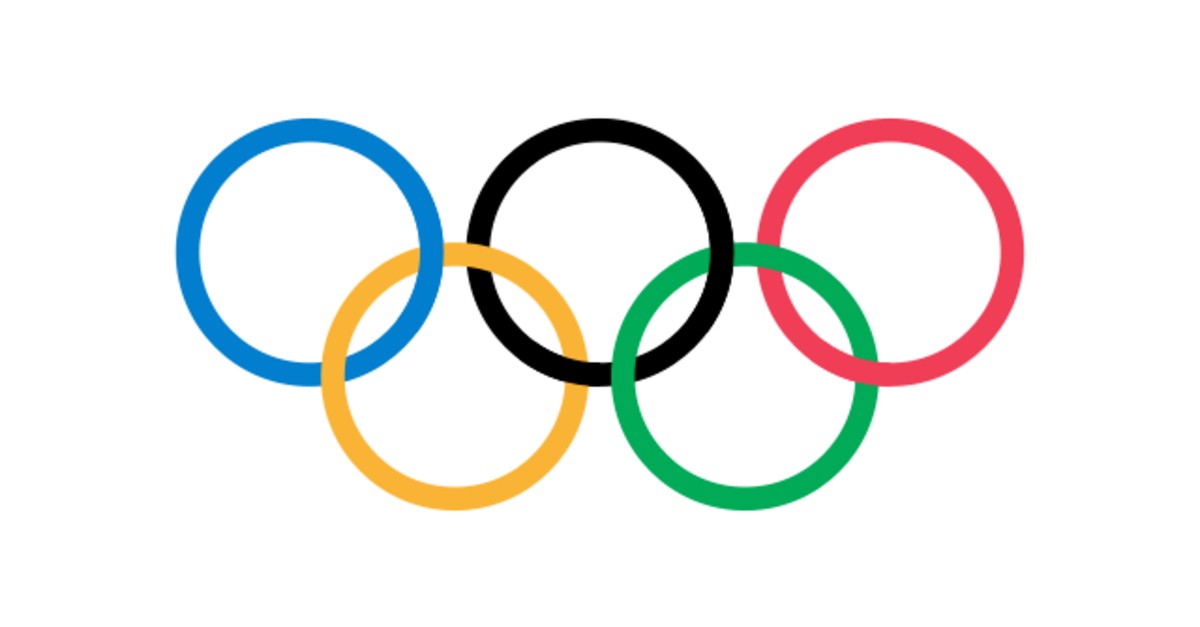I’m a total nerd when it comes to the Olympics. I love the spectacle, the competition, and the sense of pride and unity it engenders in everyone. I’m the type of fan who will chant “USA! USA!” as our country goes for the gold, but still applauded wildly for any team that delivers a great performance. For me, the Olympics are more than a contest of strength and skill, they’re a testament to the enduring power of the human spirit. So, naturally, I’ve been glued to my television for the last few days.
While COVID-19 has certainly dampened this year’s celebration, it can’t extinguish the spark. The event still carries all the promise and potential viewers hope for. In a way, it reminds me of this upcoming school year. Things aren’t quite back to normal yet. We’re still dealing with the consequences of COVID-19, and addressing learning loss will be difficult, but this won’t diminish our spirit. So, in honor of this year’s Olympic Games, here are a few lessons educators should consider for the upcoming school year.
1. You Can’t Do It Alone
Its easy to watch the Olympic athletes and think, “They’re just that good.”, but this would be a mistake. The truth is, behind every great athlete is a vast network of support. Coaches to train them, teammates to challenge them, not to mention friends and family who encourage them when things get tough. No athlete ever made it to the Olympics on their own.
The same is true for teachers. This upcoming year will have plenty of challenges, but you don’t have to face them alone. Whether it’s co-workers, administrators, or simply the people in your life, you can find the support you need to overcome any obstacle. Plus, VAI is always happy to help too! Our catalogue is full of resources to assist educators in building lessons that are inquiry-driven, creative, and fun (and don’t forget to check out the FREE resources over at blueappleteachers.org)!
2. Celebrate All Victories
I recently saw a sports article that described one swimmer’s Silver Medal as “a loss”. A loss? Seriously?! This swimmer accomplished something truly incredible. Just because they didn’t make it to the top of the podium doesn’t mean we should consider their performance a failure.
In the same way, it’s important for teachers to recognize and celebrate victories with their students. Think of the student who always failed at math, but through hard work and perseverance manages to achieve a passing grade. What about the student who always struggled with stage fright, but manages to give a solid presentation? These are accomplishments worth celebrating. When we recognize these victories, students see how far they’ve come, instead of feeling as though they’ve failed. Remember, not all triumphs appear in gold!
3. Build Connection
One thing that makes the Olympics so special is that it wouldn’t be possible without the cooperation of many individuals from many different backgrounds. The games themselves remind us that collaboration is possible despite our differences. In fact, sometimes our differences can help us learn, grow, and connect in ways we never thought possible.
Our classrooms are a microcosm of this ideal. They’re filled with students from many diverse backgrounds, but working together, there is no limit to what they can achieve. As such, we need to be cognizant of what kind of environment we’re building. Are we prioritizing connections and rapport in our lesson planning? What are practical steps we can take to make our schools more equitable? These questions could mean all the difference to student success.

